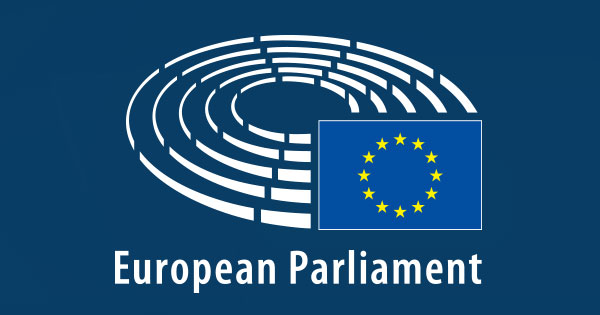From that link:
- a more bicameral system and fewer deadlocks in the Council, through more decisions by qualified majority voting and the ordinary legislative procedure;
- a fully-fledged right of legislative initiative, and a co-legislator role for Parliament for the long-term budget;
- an overhaul of the rules for the Commission’s composition (rebranded as the “European Executive”), including the election of its President (with the nomination to be done by Parliament and the approval by the European Council - a reversal of the current process), limiting the number of Commissioners to 15 (rotating between the member states), enabling the Commission President to choose their College based on political preferences with geographic and demographic balance in mind, and a mechanism to censure individual Commissioners;
- significantly greater transparency in the Council by publishing EU member state positions on legislative issues;
- more say for citizens through an obligation for the EU to create appropriate participatory mechanisms and by giving European political parties a stronger role.
Some changes missing from that link that I found interesting:
- Switch from «High Representative» to «Union Secretary» and «President of the European Council» to «President of the European Union».
I very much prefer the old names, and I don’t like the downgrade from High Representative to Secretary.
- Parliament now chooses by itself how to divide its seats between member states.
Not really in favor of this, this should be the European Council’s job.
- More power to the CJEU for resolving inter-institutional disputes, and involving it in the process for suspension of EU membership.
- Gives more agency to the European Defence Agency and gives the CSDP its own budget. It also copies NATO’s article 5 wording for mutual defense.
- Amending the treaties needs the approval of 4/5 of member states.
That would currently mean 22 out of 27, so no more French-Dutch veto.
- Adding the risk to cross planetary boundaries when considering environmental policy (?)
- Adds a more concrete language, from «may» and «suggest» to «shall» and «enforce».



The solution is not to ban lobbyist (a big part of the EU legislative process is listening to outside organizations), but to put them on equal footing to normal people.
How exactly do you propose to do that? This sort of thing is always suggested, it sounds great, but in practice it is really, really hard. Ordinary people just do not have the time to scrutinize every decision in every committee meeting and be on their representatives’ backs night and day. Time is money, and big business can pay for expert lobbyists to do the legwork. Which is why NGOs have to exist, to fight back by doing the same thing. As you imply, you can’t really ban people from exercising influence, that quickly ends up being undemocratic. But big business will always have more money, therefore time, than everyone else. There’s no easy fix to the problem unfortunately.
Honestly, no idea. The only solution I can see are NGOs. Specially at EU levels, you need to show that your opinion has support, and that you aren’t just pushing your fringe idea. And on that front I believe the EU hasn’t been lacking.
I think the EP would be a lot more accountable if it was elected on single member constituencies. This also has its own issues (main one being no minority representation), but it would allow a more direct connection with their electorate and people would know who to talk to when they want to push for something.